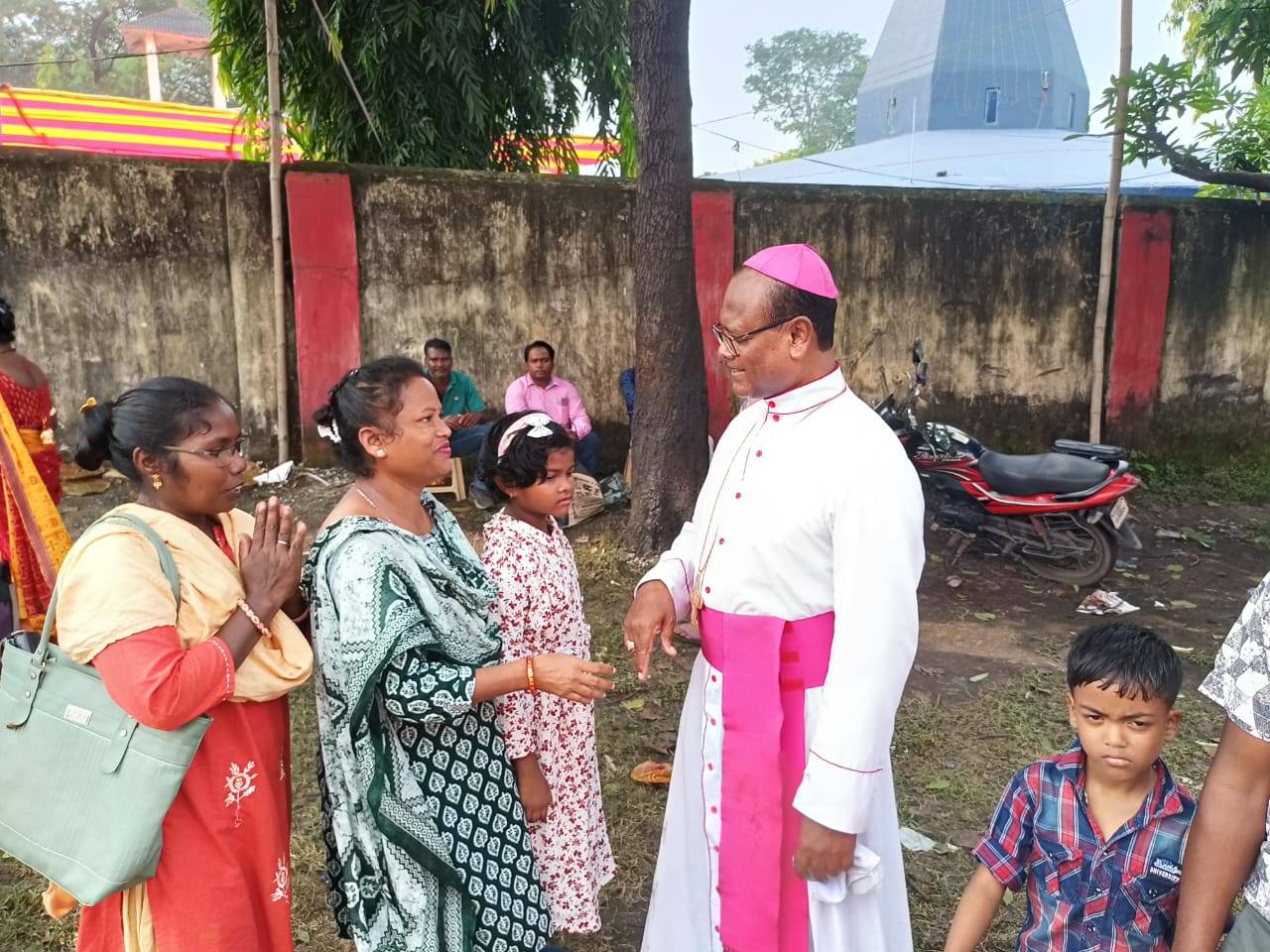Poverty Haunts Even Rich Areas: Indian Archbishop Reveals Shocking Reality

MUMBAI, India – As the world marked the World Day of the Poor, an archbishop in India has shed light on a striking reality - even in areas rich in minerals and forests, poverty persists in various forms.
Archbishop Vincent Aind of Ranchi, Jharkhand's capital city and second-largest city, expressed concern over the economic and spiritual poverty faced by its citizens. "Some of our people are poor economically, while many are poor in several other ways," he said in a statement to Crux.
Jharkhand, with an 68% Hindu population, has seen the Tribals and "Dalits" - meaning those classified as 'untouchables' under the ancient caste system - make up nearly 28 million of its Christian population. The absence of proper identity documents often hinders access to basic essentialities like banking services and establishing residence.
Archbishop Aind noted that even in an area rich with minerals, forests, and abundant resources, poverty seems endemic due to factors such as lack of education, spiritual hunger, and inadequate resource utilization.
"The prayer of the poor rises up to God" was this year's theme on World Day of the Poor, marked by Pope Francis. Events were organized worldwide to raise awareness about poverty in all its forms.
Jharkhand has experienced significant migration among its Tribals community members as part of a permanent search for better living conditions or economic prosperity. The leader emphasized that focusing solely on economic deprivation may overlook other crucial areas - such as spiritual and educational shortages.
Addressing the urgent need, Archbishop Vincent Aind urged concern for these marginalized communities in every sense: be they lacking knowledge, lack courage in innovation, experiencing motivation lapses, possessing possessions with little utilization of technology for self-growth or failing to prioritize faith.
For India's rapidly growing population with increasingly significant social and economic contrasts, the striking realization may be that addressing basic needs - such as economic security and spiritual health - should require both immediate and long-sighted strategies at all levels.
